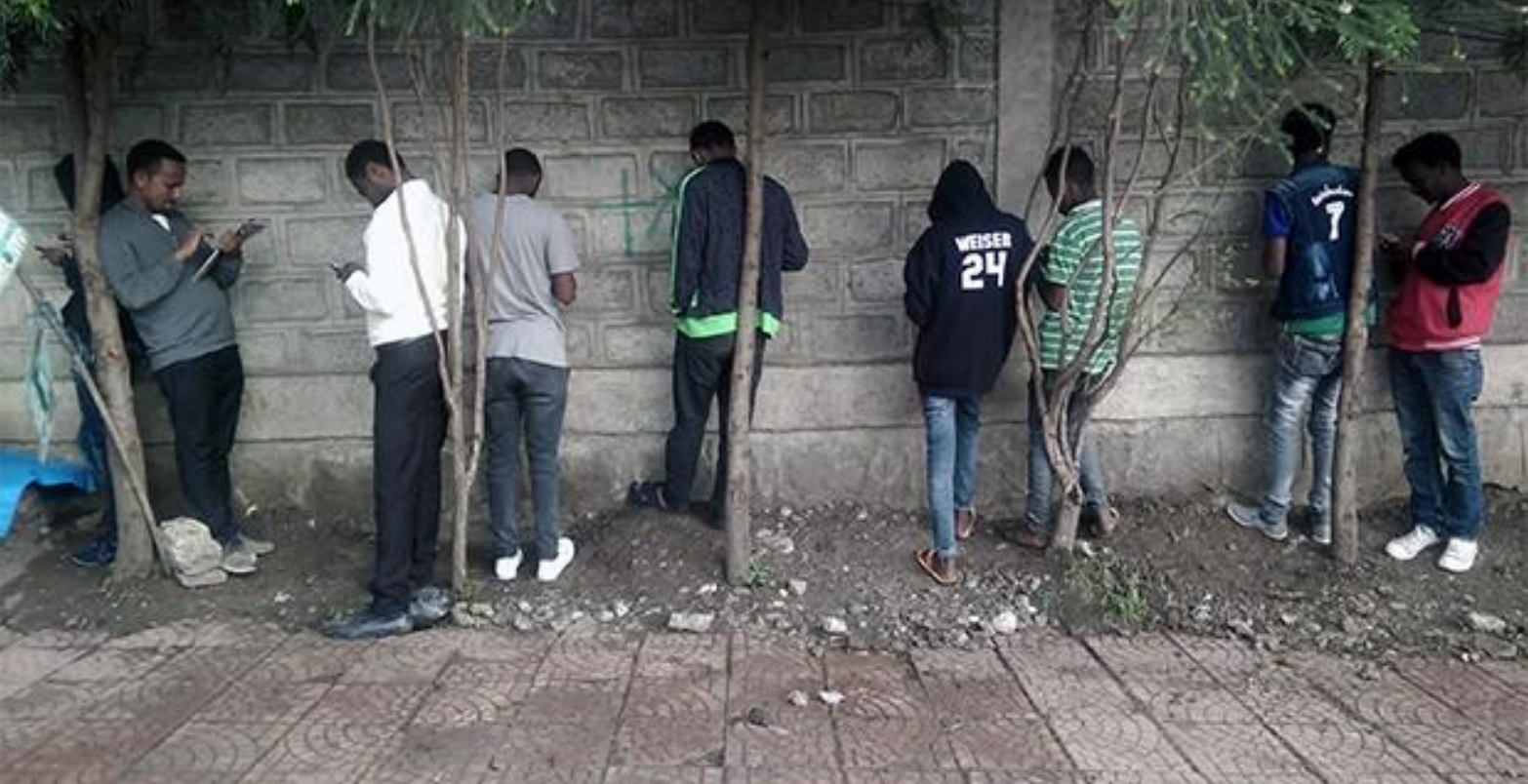By Tony Cruz, Business and Human Rights Coordination Group

Shi Tao
Yahoo – the company responsible for the 10 year prison sentence of Chinese journalist, Shi Tao – “should be held up as the poster boy of good behavior.”
And thus was the overall tone of the Yahoo Shareholder Meeting I attended on June 24, 2010.
For four years in a row now, I have attended these Yahoo Shareholder Meetings on behalf of Amnesty International. Accompanied this year by Amnesty International Field Organizer, Will Butkus, we set out with our remaining goal to keep the pressure on Yahoo to push for the release of Shi Tao.
Five years ago, Shi Tao sent an email to a pro-democracy U.S. website about the anniversary of the Tiananmen Square massacre; an email which would put Yahoo on the human rights violations map when it gave Shi Tao’s personal user information to the Chinese government.
During this year’s shareholder meeting, Yahoo CEO, Carol Bartz, remained adamant about Yahoo’s desire to move past this issue. In her mind, so it seems that Yahoo has done enough. Well, it’s not enough. The bottom line is that Yahoo turned over Shi Tao’s information to the Chinese government. They violated international human rights, and as Bartz said last year “they made a mistake”

Amnesty's William Butkis and Tony Cruz at the Yahoo! shareholders meeting
So Yahoo can try to spin this in their favor all they’d like, but the facts remain the same. As long as Shi Tao still sits in prison, then Yahoo hasn’t done enough to get him out.
Yahoo has powerful influence in China that it can leverage to ensure Shi Tao’s release. For starters, Yahoo can pressure Chinese Internet company, Alibaba – which controls Yahoo! China in exchange for Yahoo’s 40% ownership share of Alibaba. As one of the largest and most powerful Internet companies in the world, Yahoo even has influence with the Chinese government. And it is up to Yahoo to use that influence until the day Shi Tao is released.
Below is the conversation between Amnesty International and Yahoo CEO, Carol Bartz, at the meeting (listen to full webcast here):
Cruz: Hi, Ms. Bartz. Tony Cruz here with Amnesty International. I was here last year and brought up the issue of internet censorship and Shi Tao, and when asked a question about this issue, you were quoted saying “That Yahoo is not incorporated to fix China. I’m sorry. It was incorporated to give people a free flow of information and ten years ago the company made a mistake, but you can’t hold us up as the bad boy forever.”
I understand that whenever we come to these meetings it’s an inconvenience. By the time I came up to bat last year, there were two colleagues who spoke on this issue about Shi Tao. It’s an inconvenience and all I can say is you take that feeling of how you felt inconvenienced and that discomfort you felt and you multiply it by a million and it pales in comparison to what this individual must feel like being in prison now for 5 years of10 year sentence.
SEE THE REST OF THIS POST








